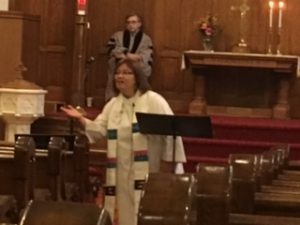 What a week this has been. I’ve spent a great deal of time listening to and caring for people. I have encouraged people to sit in and feel their despair, anger, sadness, hopelessness, fear, and uncertainty. We must allow ourselves to feel what we are feeling before moving ahead to action.
What a week this has been. I’ve spent a great deal of time listening to and caring for people. I have encouraged people to sit in and feel their despair, anger, sadness, hopelessness, fear, and uncertainty. We must allow ourselves to feel what we are feeling before moving ahead to action.
It has prompted me to think about times in my life when all seemed lost, and how I was able to claim God’s strength and power. As I think about difficult times in my life I think of a church burning down, a parsonage burning down, miscarriages, losing my mom over the course of 10 years to dementia, and in those same years my dad dying of cancer. My daughter eloping with a man she barely knew and moving halfway around the world. There were times in each of these personal situations that I didn’t see a way forward, I was hopeless and angry, fearful and despairing. One way that I was able to move forward was claiming God’s power and strength through scripture.
I grew up in the northeast when memorizing scripture was passé, thankfully as an adult I have learned scripture that sustains me. It was in the midst of a breast cancer scare a few years ago that I held tight to scripture and this week I’ve found myself doing same. (David/Ulanda has read two of those scriptures for us this morning)
For me these scriptures and some others strengthen me and help me to claim the power I need to move forward in faith and hope. Today I’m going to bring more scripture passages to play than usual; I hope you will hear the assurance these passages offer.
This morning I want to share with you a story that I hope will help us to think about where our power lies.
Once upon a time a man found the egg of an eagle. It had been abandoned for some reason by its mother, but as it was still warm the man took it and put it in the nest of one of his backyard chickens along with the other eggs that were there being brooded upon. After a period of time the eaglet was hatched, and along with the other chicks from his nest began to go about the backyard doing what the other chicks did. He scratched the earth for worms and insects. He looked for the corn that the man would throw into the yard. He clucked and cackled as best as he could, and as he grew, he would, like the other chickens, thrash his wings and fly a few feet in the air.
Years passed in this way and the eagle grew very old.  One day he saw a magnificent bird far above him in the cloudless sky. It glided majestically among the powerful wind currents, soaring and swooping, scarcely beating its long golden wings. The old eagle looked at it in awe and asked “what is that?” “That is the eagle, the king of the birds”, said one of his neighbors. “He belongs to the sky and to the high places. We belong to the earth, we are chickens.” The old eagle knew this was true, and so it was he lived and died as a chicken, for that is what he believed he was.
One day he saw a magnificent bird far above him in the cloudless sky. It glided majestically among the powerful wind currents, soaring and swooping, scarcely beating its long golden wings. The old eagle looked at it in awe and asked “what is that?” “That is the eagle, the king of the birds”, said one of his neighbors. “He belongs to the sky and to the high places. We belong to the earth, we are chickens.” The old eagle knew this was true, and so it was he lived and died as a chicken, for that is what he believed he was.
Do you think the eagle/chicken had the power to change? What held him back?
Think with me for a moment about the verses at the end of Ephesians chapter three: 20-21.”Now to him who by the power at work within us is able to accomplish abundantly far more than all we can ask or imagine; to him be glory in the church and in Christ Jesus to all generations, forever and ever.”
Do you have the power to change? What holds you back?
If you drew your power from God what could you accomplish that you aren’t doing now?
Can we believe in new possibilities for ourselves? Continue reading “Sunday November 13 – Rev. Jana Purkis-Brash: Where Is Your Power? Isaiah 40:27-31, Ephesians 3:14-21”

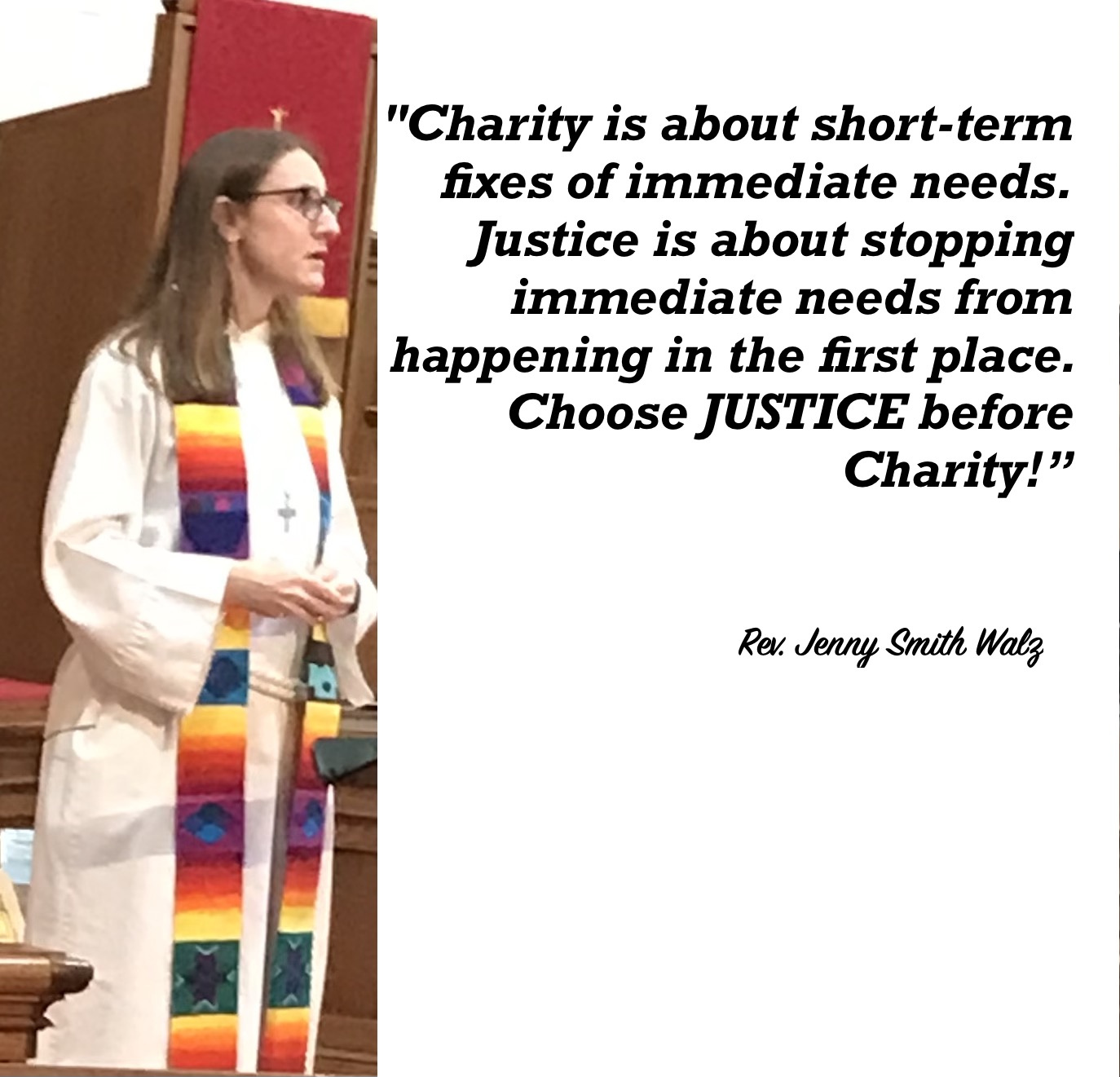



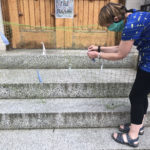 Today at 5 p.m. Princeton UMC’s concludes its five-day, 24-hour-a-day prayer vigil to end racism. The closing event will be held, physically distanced with masks, on the church lawn, plus Live-Streamed and archived on Facebook and this website (click on ‘Worship.’) As a church community, we have been praying without ceasing, wherever we are. To begin your own vigil now,
Today at 5 p.m. Princeton UMC’s concludes its five-day, 24-hour-a-day prayer vigil to end racism. The closing event will be held, physically distanced with masks, on the church lawn, plus Live-Streamed and archived on Facebook and this website (click on ‘Worship.’) As a church community, we have been praying without ceasing, wherever we are. To begin your own vigil now, 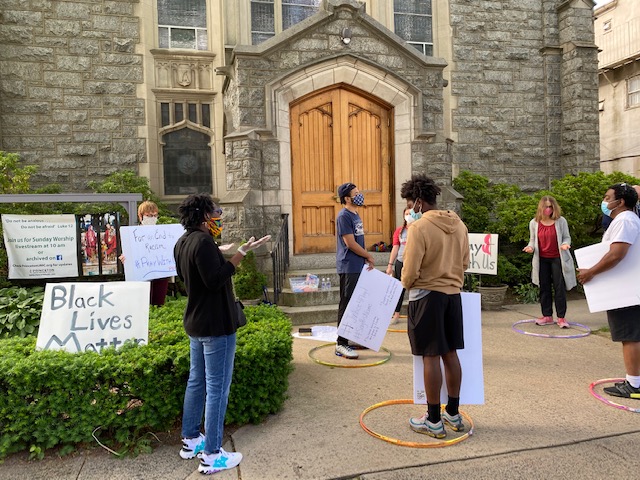

 What a week this has been. I’ve spent a great deal of time listening to and caring for people. I have encouraged people to sit in and feel their despair, anger, sadness, hopelessness, fear, and uncertainty. We must allow ourselves to feel what we are feeling before moving ahead to action.
What a week this has been. I’ve spent a great deal of time listening to and caring for people. I have encouraged people to sit in and feel their despair, anger, sadness, hopelessness, fear, and uncertainty. We must allow ourselves to feel what we are feeling before moving ahead to action. One day he saw a magnificent bird far above him in the cloudless sky. It glided majestically among the powerful wind currents, soaring and swooping, scarcely beating its long golden wings. The old eagle looked at it in awe and asked “what is that?” “That is the eagle, the king of the birds”, said one of his neighbors. “He belongs to the sky and to the high places. We belong to the earth, we are chickens.” The old eagle knew this was true, and so it was he lived and died as a chicken, for that is what he believed he was.
One day he saw a magnificent bird far above him in the cloudless sky. It glided majestically among the powerful wind currents, soaring and swooping, scarcely beating its long golden wings. The old eagle looked at it in awe and asked “what is that?” “That is the eagle, the king of the birds”, said one of his neighbors. “He belongs to the sky and to the high places. We belong to the earth, we are chickens.” The old eagle knew this was true, and so it was he lived and died as a chicken, for that is what he believed he was.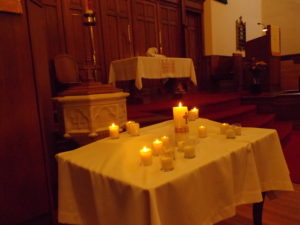 Here are some videos of the very inspiring worship on Sunday, November 6, at 9:30 a.m. It was All Saints Sunday, and the Children’s Choir sang the introit.
Here are some videos of the very inspiring worship on Sunday, November 6, at 9:30 a.m. It was All Saints Sunday, and the Children’s Choir sang the introit.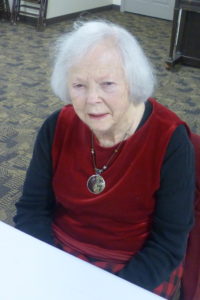 ship Hall with some 19 members honoring the
ship Hall with some 19 members honoring the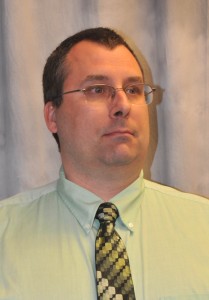 Pastor Scott Sherrill gave an interesting and informative talk on “Prayer”, an issue that struck a chord with everyone. He took participants through the spectrum of types of prayer, showing why, when, where, what and how to pray. He spoke on the history of Christian prayer including the
Pastor Scott Sherrill gave an interesting and informative talk on “Prayer”, an issue that struck a chord with everyone. He took participants through the spectrum of types of prayer, showing why, when, where, what and how to pray. He spoke on the history of Christian prayer including the 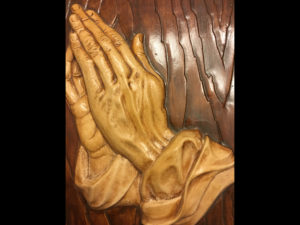 There are prayers of praise, thanksgiving, supplication, lamentation, intercession, etc. God just wants to hear from us. However, we should not beat ourselves up if we do not know how to pray.
There are prayers of praise, thanksgiving, supplication, lamentation, intercession, etc. God just wants to hear from us. However, we should not beat ourselves up if we do not know how to pray. 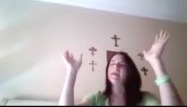 ing the whole body or with hands up in the air. We can also connect with God through meditative prayer, breathe in
ing the whole body or with hands up in the air. We can also connect with God through meditative prayer, breathe in 
 we will get what we ask for. It is also good to pray for someone else, as with the prayer of intercession in the church. Being sorry is giving us an opportunity to change our ways while prayers of lament give voice to our pain and misery as we pour out our heart to God. The Book of Psalms is full of prayers of lament if only we take the time to read them.
we will get what we ask for. It is also good to pray for someone else, as with the prayer of intercession in the church. Being sorry is giving us an opportunity to change our ways while prayers of lament give voice to our pain and misery as we pour out our heart to God. The Book of Psalms is full of prayers of lament if only we take the time to read them. services. It’s about God talking back to us through the things we pray about. God also speaks to us when we read the Scriptures.The Psalms can be a huge resource of prayers. Some people hear God’s message for them through dreams and visions.
services. It’s about God talking back to us through the things we pray about. God also speaks to us when we read the Scriptures.The Psalms can be a huge resource of prayers. Some people hear God’s message for them through dreams and visions.